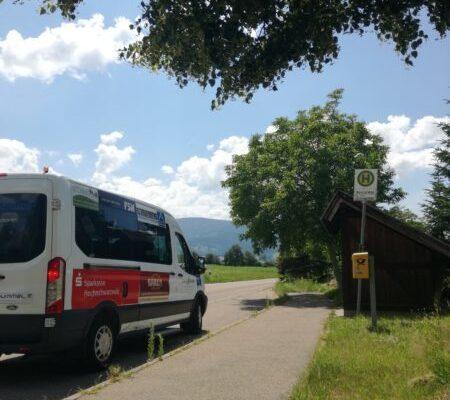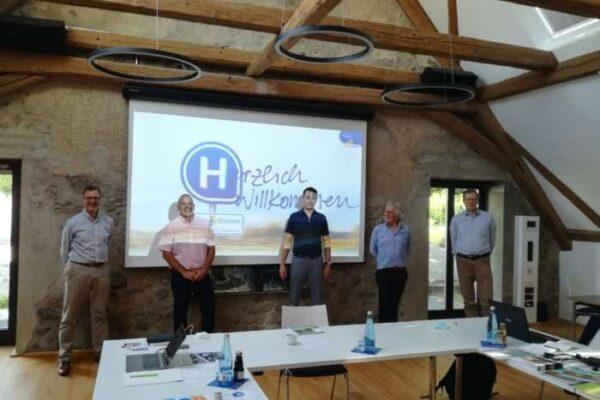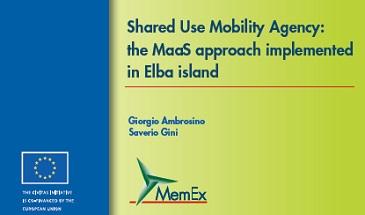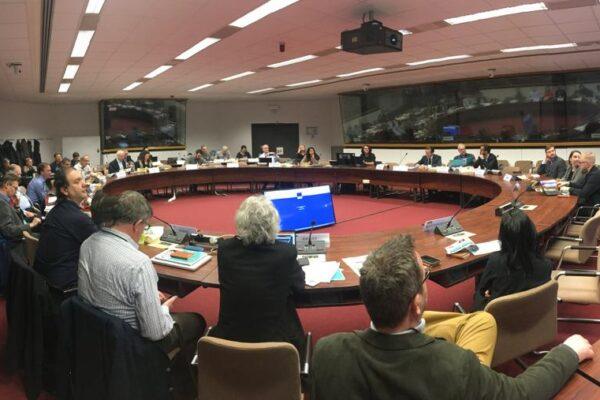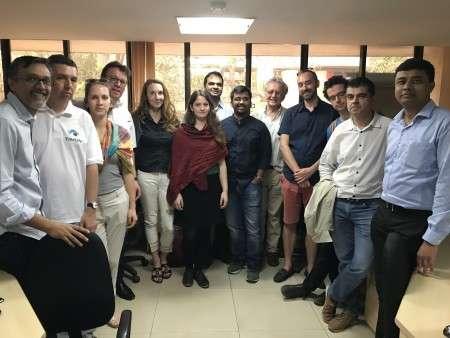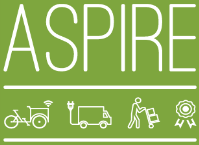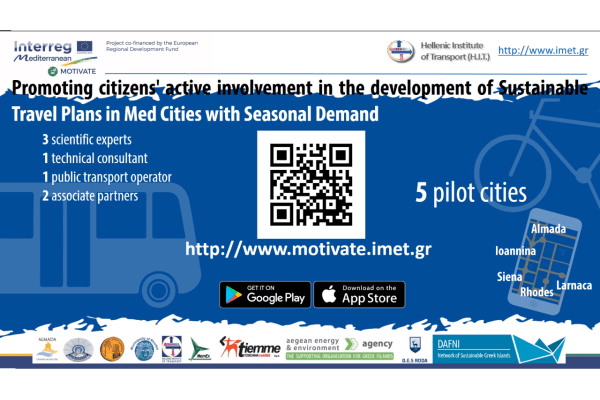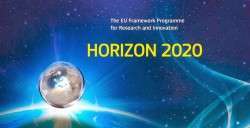

Sump Plus
SUMP-PLUS – SUSTAINABLE URBAN MOBILITY PLANNING: PATHWAYS AND LINKS TO URBAN SYSTEMS
In recent years, the shift towards sustainable mobility has gathered pace, with Sustainable Urban Mobility Plans (SUMPs) crucial to driving this development. Despite their success, there remain some gaps.
CIVITAS SUMP-PLUS is a three-year project, which started in September 2019, helping towns and cities of all sizes and at varying stages of development to bridge the implementation gap and become accessible, green and liveable places where people can easily move from A to B.
SUMP- PLUS core objectives are:
- To develop a set of context-specific mobility transformation pathways, and supporting methodologies and analytical tools for different typology of cities, including a simplified ‘SUMP-Lite’ process’ for smaller cities with limited resources
- To demonstrate how cities can develop stronger links with other urban system components generating the demand for mobility (education, health, retail, land use planning, etc.) identifying potential governance-related barriers and developing new cross-sector co-operation approaches
- To identify new solutions: transport and non-transport products and services influencing travel demand.
- o identify and demonstrate new partnerships and business models inside the cities’ context
SUMP-PLUS is creating new approaches and tools and introducing these in co-creation laboratories in six cities – Antwerp (Belgium), Alba Iulia (Romania), Greater Manchester (UK), Klaipeda (Lithuania), Lucca (Italy), and Platanias (Greece).
The SUMP-PLUS consortium includes six cities and 10 technical partners among which local authorities, academic institutions, mobility consultancies, public transport associations, city networks, and non-profit organisations. MemEx is responsible for the evaluation of the City Labs and support the Municipality of Antwerp (coordinator) in the scientific management of the project.
For more information, please visit https://sump-plus.eu/about/project
This project has received funding from the European Union’s Horizon 2020 research and innovation programme under grant agreement no 814881. The sole responsibility for the content of this website lies with the SUMP-PLUS project and in no way reflects the views of the European Union



